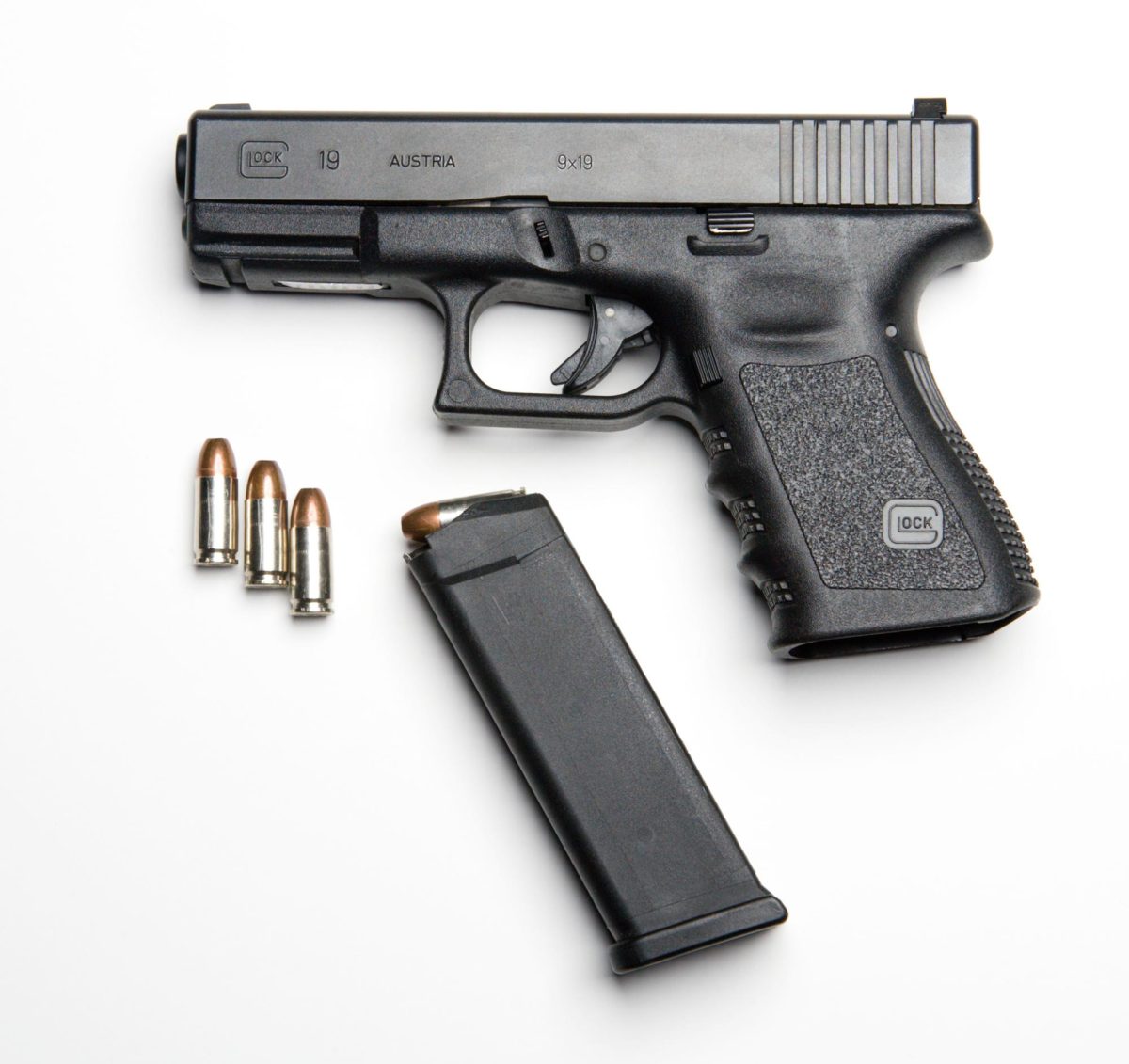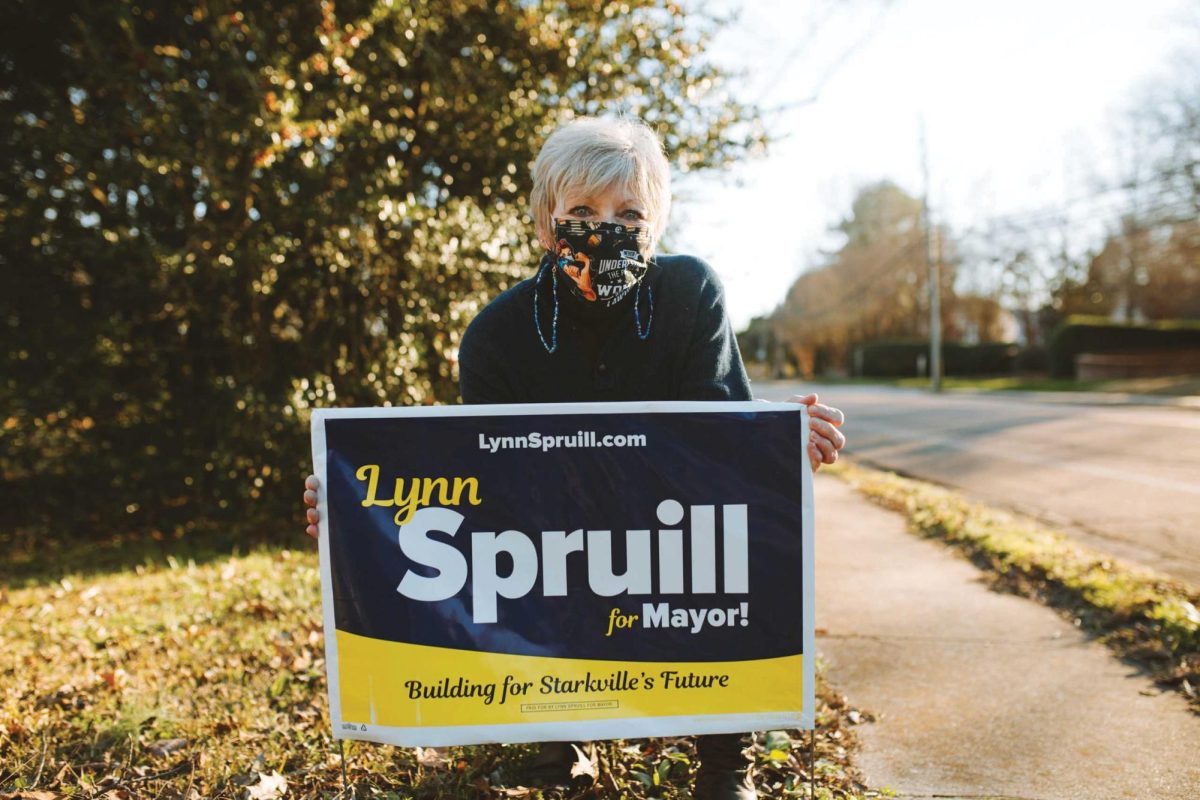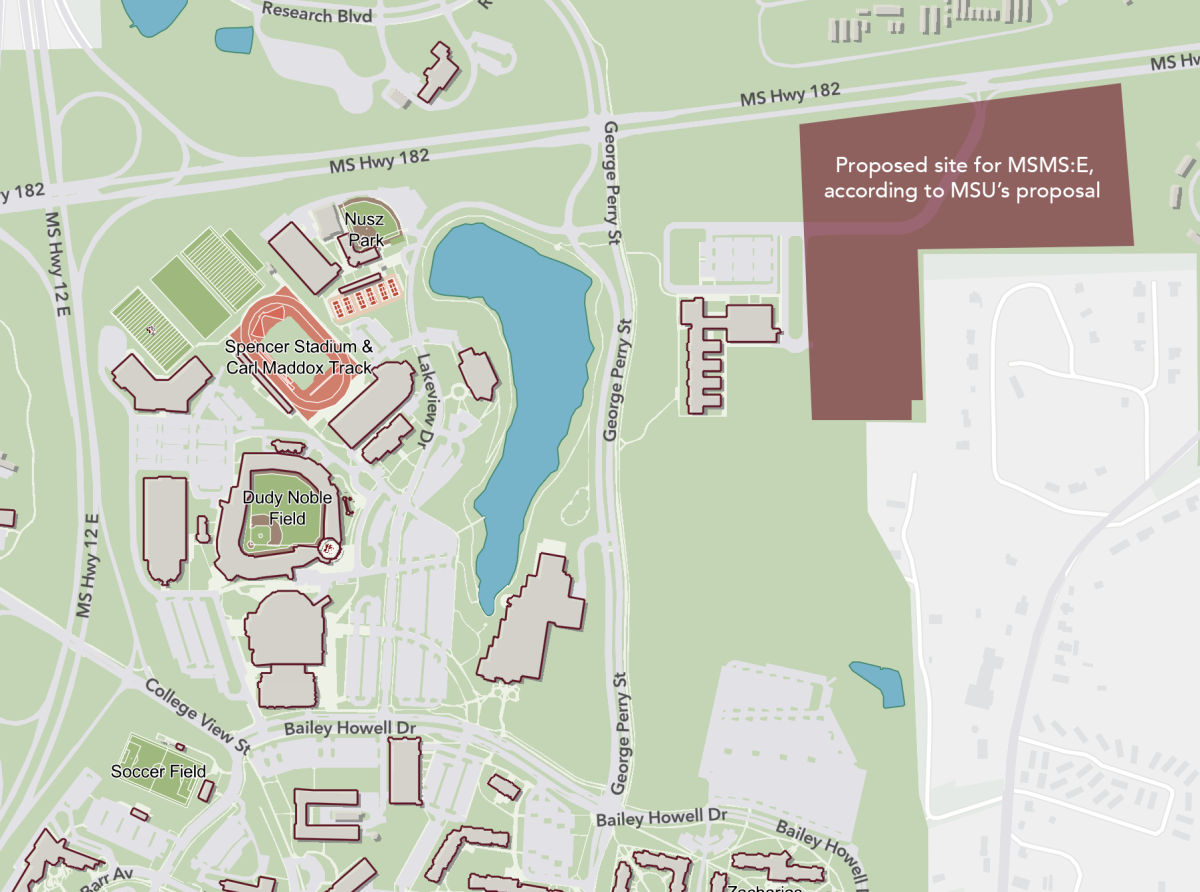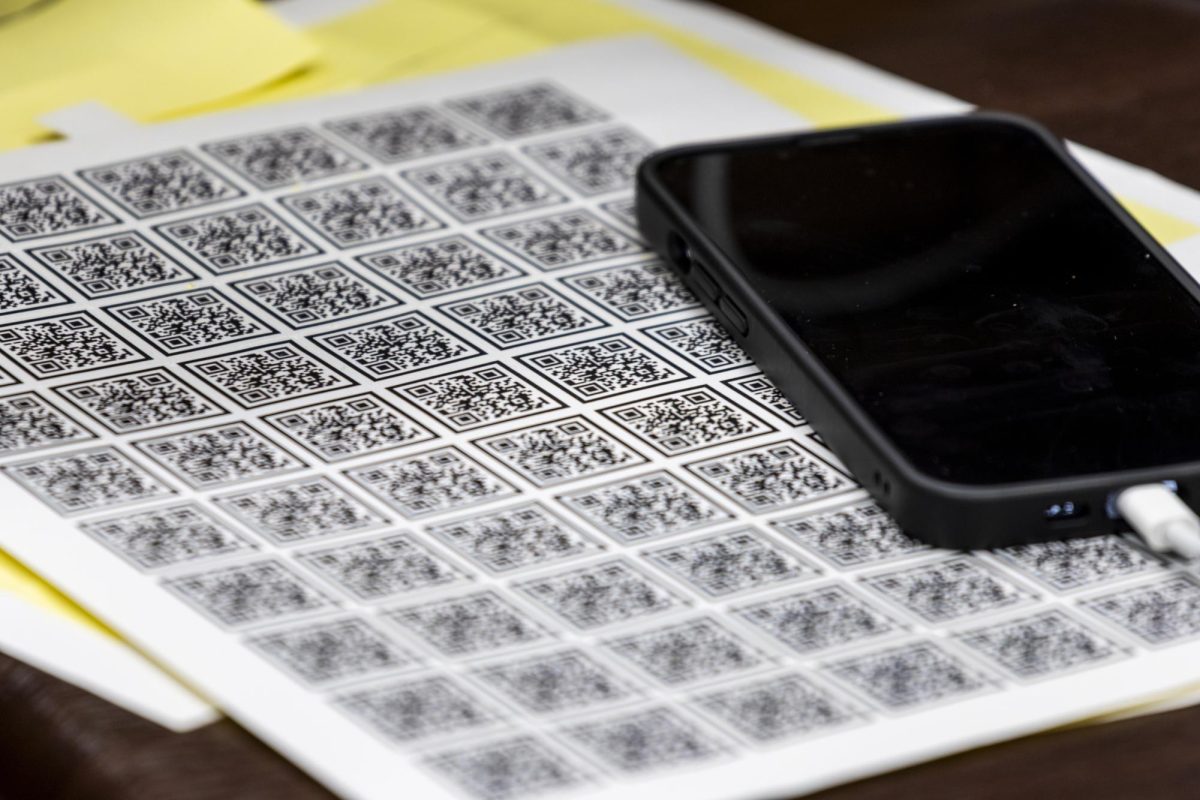“When you’re talking about a non-beating heart, all you have is seconds,” said Vance Rice, chief of police at Mississippi State University Police Department.
This is why he said being able to administer Narcan, a drug to reverse the effects of an opioid overdose, is a critical component of serving the MSU and Starkville community.
MSU is the first university in Mississippi to have both the opioid antidote, Narcan, and a medication dropbox safe, issued by the Mississippi Department of Mental Health. MSU’s addition of the medication dropbox safe is one way the university is aiding its students, employees and local community in combating the opioid epidemic.
The dropbox provides a safe, secure location for individuals to discard unused or unwanted prescriptions 24 hours per day, seven days a week. It is located in the police department’s front lobby, on 25 Walker Road.
The drug “take back” box will help combat the epidemic. Whether it is prescription narcotics or any other kind of drug, Rice said the department will accept it in the box. Having this will allow the drugs to be disposed of properly, and further prevent people from abusing their prescriptions.
Rice said Narcan and other similar drugs like Naloxone were previously limited to paramedic usage only. In situations of an overdose, he continued, if law enforcement arrived to the scene even seconds before a paramedic, they had to rely on an AED (Automatic External Defibrillator) to shock the heart.
“Oftentimes, a bad overdose will stop a heart, and cause the victim to go into cardiac arrest,” Rice said. “In those cases, we have AEDs, but that doesn’t always bring them back. We needed something to reverse the effect of the overdose, which is what Narcan does. The sooner you get that administered, the sooner the victim can start recovering.”
In 2012, the Mississippi Bureau of Narcotics reported 90 percent of overdose deaths were caused by prescription opioids and narcotics. Of those deaths, more than half of them were accidents.
Noting such an alarming statistic, Rice said he fortunately has not seen an issue with opioids on MSU’s campus “day-in and day-out,” like he has seen with other drugs.
Downers are not usually a college student’s drug of choice, stimulants are most likely to be abused by students on campus.
However, he said, just because he has not seen an alarming, campus-wide issue, does not mean opioids are not used.
“These prescription drugs like codeine and other painkillers can get out there because of something as simple as leaving it in a medicine cabinet,” Rice said. “If someone isn’t using them anymore, but they still have a bottle or two left, there isn’t anything stopping a maintenance worker or family member from grabbing it, selling them or taking them.”
Not limited to police departments, the Starkville Fire Department can also administer Narcan on the scene of an overdose.
Although fire departments in Mississippi were the last of first-responders to be allowed to carry and administer this drug, Starkville Fire Department Chief Charles Yarbrough said it was something which needed to happen.
“Usually, we (SFD) get to the scene within three to four minutes of the initial call,” Yarbrough said. “Paramedics arrive within five to six minutes of the call. Sometimes, ambulances may not even get dispatched to the scene immediately. So, in those cases, this will allow us to really save lives.”
However, Yarbrough said, “you can’t just skip right to administering the drug once the agency carries it.”
All fire fighters attneded training class to teach them how to safely administer the drug, what dosage is needed in different cases and proper protocol on how to safely handle a victim after they come off their high.
“We really have to go over things to keep our fire fighters safe,” Yarbrough said. “Administering Narcan reverses their high instantaneously, and after coming down from it, the person will often be very combative. They don’t realize their heart was already stopped, or that they were on the verge of dying. They just know their high, that could have cost them a lot of money, was taken away.”
Although the bill allowing all law enforcement agencies to carry and administer the drug passed in August, SPD, SFD and MSU Police Department are not carrying the drug yet.
Oktibbeha County Coroner and OCH Emergency Medical Services Director Michael Hunt said the city and county is in agreement of the benefits this drug brings to the local law enforcement agencies, but the process of actually getting the drug in the department’s hands will take longer than anticipated, due to the drug having steep prices and a short shelf-life.
Paramedics and EMT’s at OCH have used the IV form of Narcan for many years, Hunt said, but law enforcement agencies need the nasal spray form of the drug.
“To get 100 units in the field, it will cost about $9,000, and our law enforcement agencies don’t have money to cover that cost just laying around,” Hunt said. “It also has a short shelf-life, and if officers don’t use it by the time it expires, then it is essentially a waste. At this point, local enforcement agencies just need to make an agreement with OCH.”
Overall, Rice said if there are ever any situations where the drug is needed, MSU Police Department will have the means to save someone, where previously, it was not always possible.
“This results in so many saved lives,” Rice said. “That’s what really matters.”
‘When you’re talking about a non-beating heart, all you have is seconds’
Russ Houston | Courtesy Photo
Vance Rice, Michael Jordan and Emmitt Johnson Jr (photo by Russ Houston / © Mississippi State University)
0
Donate to The Reflector
Your donation will support the student journalists of Mississippi State University. Your contribution will allow us to purchase equipment and cover our annual website hosting costs.
More to Discover



















